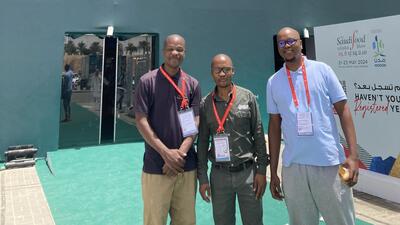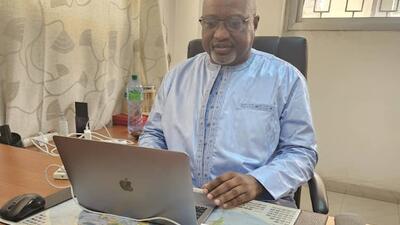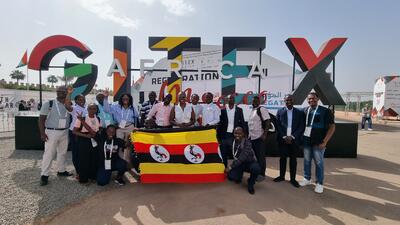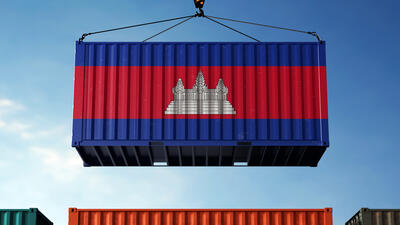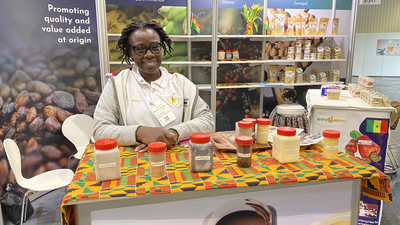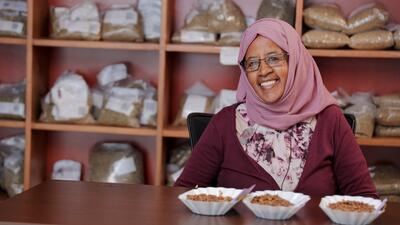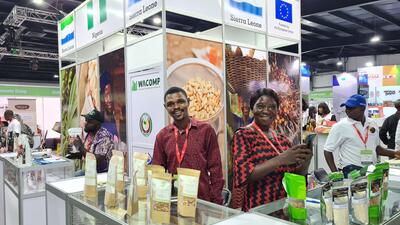Majority of Senegalese companies affected by non-tariff measures
In the case of exporters, 70% of binding NTMs are foreign regulations applied by importers, but the remaining 30% are domestic regulations applied by Senegalese authorities – hindering the country’s own exports. For importers, almost all of the NTMs are imposed by Senegal, with manufactured goods more affected than agricultural products. "While 63% appears high, it is actually below the regional average, said ITC Project Manager Mathieu Loridan. The corresponding figure in West Africa is a whapping 72%, he said."
The findings of the study and how to address NTMs and other barriers to trade were discussed at a workshop in Dakar, Senegal earlier this month. The workshop was organized by ITC in collaboration with Senegal’s Ministry of Trade, Industry and Informal Sector, and brought together around 50 participants from both public and private sectors agencies. A brief news item ran by Senegalese TV station Radiodiffusion Télévision Sénégalaise (RTS) on the survey is available here.
NTMs, which include import quotas, special licences, export restrictions, export subsidies, technical barriers to trade, sanitary and phytosanitary measures, and rules of origin, have become the principal impediment to international trade and can prove to be a major obstacle to local, regional and global trade in both goods and services as companies struggle to comply with an increasingly complex web of policies and at times opaque technical standards.
Experts at the workshop discussed the lack of information and communication on foreign market standards and technical regulations as well as the related national conformity assessment procedures. Also discussed was the need to review and streamline national inspection and analysis procedures, capacities and infrastructures for exported and imported products. It was agreed that regional integration and cooperation need to be strengthened and that problems faced by the business community such as electricity supply and transport/storage facilities need to be addressed.
Bernard Casimir Cissé, Secretary General of the Ministry of Trade, Industry and Informal Sector, said that NTMs are an obstacle to the expansion of exports to foreign markets: "The survey of Senegalese companies identified non-tariff measures relating to both imports and exports and found that they are real constraints on promoting trade. But beyond identifying non-tariff measures, emphasis should be placed on proposals for concrete actions that will enable our companies to be better equipped to access information on the measures taken by importing countries.”
Mondher Mimouni, Chief, Market Analysis and Research, ITC, said: "If the majority of burdensome NTMs faced by Senegalese exporters are applied by partner countries most of the related obstacles occur at home, in addition to a lack of information. The study findings should serve to refine and develop targeted national strategies in order to further facilitate trade and improve the business environment."
ITC is working with the private sector in 27 countries, including Senegal, to identify barriers to trade and provide advice to governments on how to overcome and reduce them. Understanding enterprises’ key concerns with NTMs can assist governments to better define national strategies and policies and take concrete steps to alleviate the problems, for example by building national capacity in complying with technical regulations.




